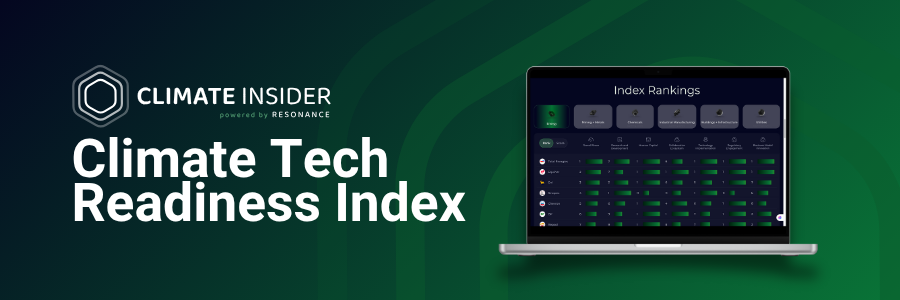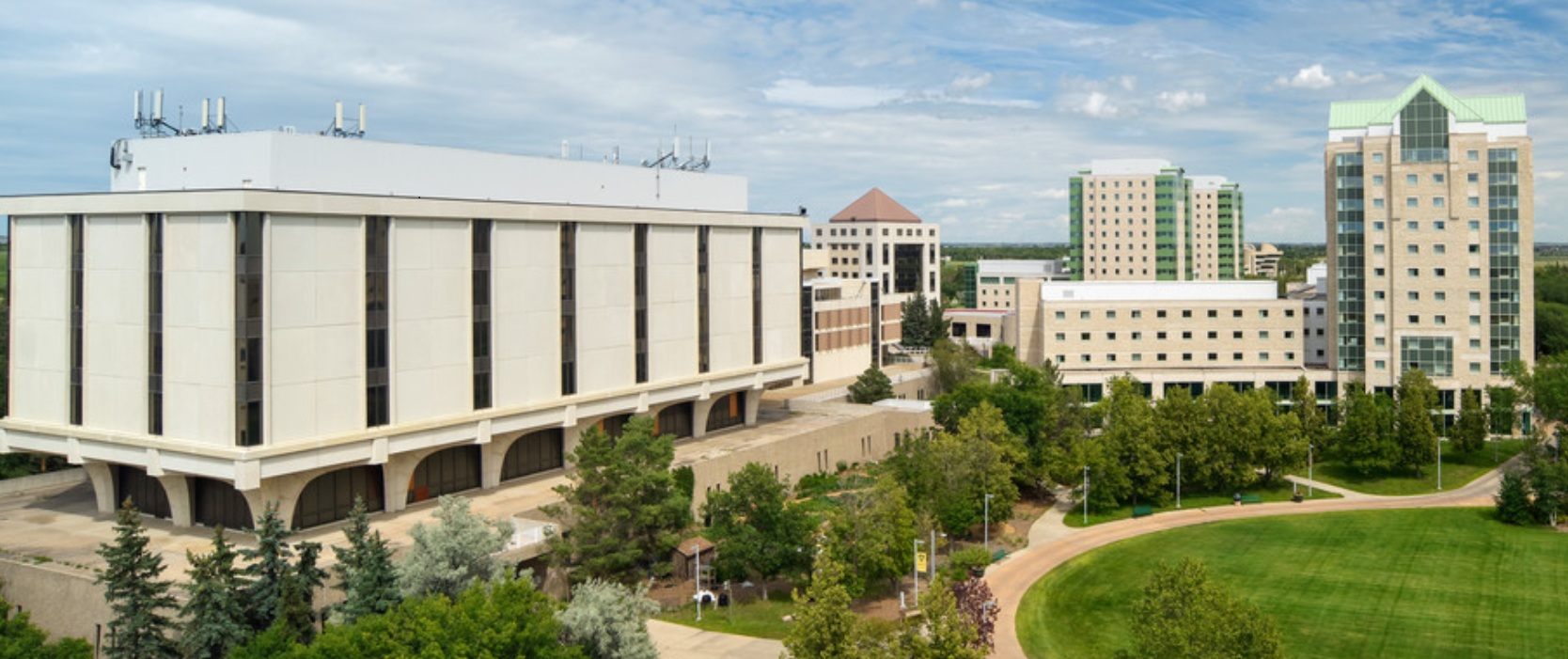Authors: Rosi Kerr, Director of Sustainability & Barbara Will, Vice Provost for Academic Affairs
The recent announcement of a government-approved geothermal energy project in Utah—set to provide enough carbon-free electricity to power 2 million homes by 2028—is welcome news to anyone concerned about climate change. While geothermal energy is not without its challenges, including potential air and water pollution and the risk of seismic activity, its advantages are increasingly clear. As Ali Zaidi, the White House’s Climate Advisor, noted, geothermal energy is emerging as a “significant” technology for our climate future.
At Dartmouth, we recognize the potential of this technology. We have recently committed to the largest infrastructure project in our university’s history: a $500 million retrofit of our aging steam- and fossil-fuel based energy system to a new hot-water heating and cooling system using geo-exchange technology. Geo-exchange, the lower temperature and shallower variant of geothermal, pre-heats or pre-cools water for the distribution system. This method uses the earth beneath our feet as a thermal battery, offering a stable, low-carbon solution for heating and cooling. Though costly to install, it’s a long-term investment that reduces operating costs, improves resilience, and minimizes financial exposure to volatile fuel markets. Given New Hampshire’s limited subsurface heat, we plan to implement geoexchange rather than the deeper, hotter geothermal systems available in Utah. But the principles remain the same: by using local resources efficiently, we can build a low-carbon, resilient future.
Dartmouth’s long-term investment in transitioning our campus to clean energy, with a target of carbon-zero operations by 2050, is part of a broader national trend in decarbonization. However, our approach is distinctive because it’s closely tied to our liberal arts teaching and research mission. While many other colleges and universities across the country are converting their energy infrastructure into geo-exchange systems, often with similarly significant investments, Dartmouth’s approach stands out. When President Sian Beilock committed to this historic investment and to new carbon goals, she also created a path that fewer universities are on: directly trying our infrastructure upgrade to educational opportunities.

Dartmouth’s Climate Futures Initiative, a program led by anthropologist Dr. Laura Ogden, is doing just that. Treating Dartmouth’s geo-exchange operational infrastructure as a “living laboratory” for the College, this initiative inspires faculty and students to see the messy work of drilling bore holes deep into the earth as an opportunity for research and experiential learning. From geologists to archaeologists to site-specific artists, Dartmouth researchers are being encouraged to engage in research and teach around the process of decarbonization. Seed funding is being provided to “encourage faculty and students to utilize campus infrastructure in their academic experiences.”
An unexpected benefit of making our infrastructure initiative part of our academic mission is allowing for wide-ranging conversations around both the practical and the philosophical stakes of the energy transition. Meredith Kelly, professor and chair of the Earth Sciences department, noted that students are generally receptive to the decarbonization project but wish it wasn’t so disruptive to everyday on-campus life. Dartmouth’s idyllic setting these days often feels more like an urban construction zone. But by intentionally engaging with this disruption—rather than seeing it as a headache—professors like Kelly and others can underscore not only long-term benefits but also the price we all must pay in the here and now as we transition toward a greener future.
And, when the work is done, we intend to showcase it, not hide it away in distant mechanical rooms. Getting students to understand the challenges in the clean energy transition in front of them allows for deeper conversations about the much larger costs we will all bear if we do not make this transition. This is also at the heart of our new Master of Energy Transition (MET) program, dedicated to preparing students for the massive transition required for a low- and no-carbon energy future. As Geoff Parker, Irving Interim Faculty Director, notes “The transition underway on campus creates a space for students to learn about technology, economics, and the cultural shifts necessary for a successful transition.”
In a recent conversation at Dartmouth, White House Advisor Zaidi stressed the extremely short window of time our planet has to quickly scale low-carbon energy projects in order to fall within a reasonable horizon of the emissions goals laid out in the Paris Climate Accords. And, to build the collective will to get the job done, Zaidi affirmed that liberal arts institutions like Dartmouth must lead the way. By embedding on-campus technological innovations, like geo-exchange, into our teaching and learning ecosystem, Dartmouth is preparing our students to become citizens of a very different climate future – adaptable, creative, and with the skills to be leaders in their communities.
Source: Dartmouth University
Featured Image: Credit: Dartmouth College Campus








